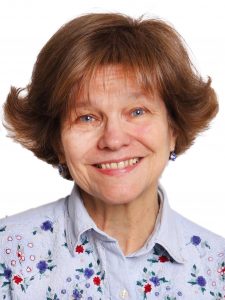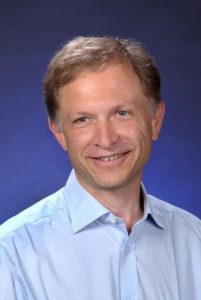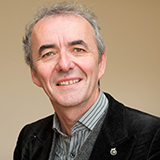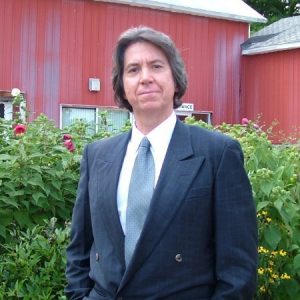Keynote Speakers
We would like to express our sincere gratitude to our keynote speakers:
Pamela Faber Benítez
 Professor, University of Granada
Professor, University of GranadaPamela Faber is full professor in the Department of Translation and Interpreting at the University of Granada, where she lectures on Terminology and Specialized Translation. She holds degrees from the University of North Carolina at Chapel Hill, University of Paris IV, and University of Granada. She is the director of the LexiCon research group, with whom she has carried out various national and international research projects that focus on applications of Frame-based Terminology to knowledge representation and the design of specialized knowledge bases. She is the author of over a hundred articles, chapters, and books on terminology, specialized lexicography, and lexical semantics.
Gerhard Budin
 Professor, The University of Vienna
Professor, The University of ViennaGerhard Budin holds a PhD in linguistics. Gerhard Budin is full professor at the University of Vienna and chair of terminology studies and translation technologies. His research interests include cross-cultural knowledge communication and knowledge organization, language engineering, translation technologies, and knowledge engineering, epistemology of eLearning and of collaborative work systems, terminology studies, ontology engineering, EcoInformatics, translation theory, and philosophy of science. He is the author of multiple books and research papers on the abovementioned issues. For the last 20 years he has been active in national, European, and international research projects in the areas mentioned above. He has also been co-ordinator of major projects funded by the European Commission in the fields of language and knowledge engineering, eLearning, digital cultural heritage systems, EcoInformatics, etc.
Michael Cronin
 Professor, Dublin State University
Professor, Dublin State UniversityMichael Cronin holds a Personal Chair in the Faculty of Humanities and Social Sciences at Dublin City University, Ireland. He is author of multiple books, including Translation and Globalization (London, Routledge, 2003). Translation and Identity (Routledge, 2006); Translation goes to the Movies (Routledge 2009), Translation in the Digital Age (Routledge, 2013) and Eco-Translation: Translation and Ecology in the Age of the Anthropocene (Routledge 2017). He is an elected Member of the Royal Irish Academy and of the Academia Europaea. He is an Officier de l’Ordre des Palmes Académiques and an Honorary Member of the Irish Translators’ and Interpreters’ Association. He is the Series Co-Editor for the New Perspectives in Translation and Interpreting Studies (Routledge). He is Editor-in-Chief of MTM.
Gregory M. Shreve
 Professor, Kent State University
Professor, Kent State UniversityGregory M. Shreve is Professor of modern and classical languages at Kent State University specializing in translation studies, terminology studies and computer-assisted translation. Shreve holds a Ph.D. in Anthropological Linguistics;(Ohio State University) and a postdoctoral Certificate of Advanced Study in computer and information science (University of Pittsburgh). He is co-founder (with Albrecht Neubert) and director of the Institute for Applied Linguistics, home of one of America’s leading graduate professional translator training programs and of the American Translator’s Association monograph series. He has written, co-edited, and co-authored several books including The Genesis of Structures in African Narrative (with Ojo Arewa), Translation as Text (with Albrecht Neubert), Text and Meaning (with Gert Jäger and Klaus Gommlich), Basic Issues in Translation Studies, (with Albrecht Neubert and Klaus Gommlich), and Cognitive Processes in Translation and Interpreting (with Joseph H. Danks).
STUART DUNN
Stuart Dunn is Senior Lecturer in Digital Humanities at King’s College London. He started out as an archaeologist, with interests in the history of cartography, digital approaches to landscape studies, and spatial humanities. His main interest is the Spatial Humanities, critical GIS, cultural heritage, and the archaeology of mobility. Stuart gained an interdisciplinary PhD on Aegean Bronze Age dating methods and palaeovolcanology from the University of Durham in 2002, conducting fieldwork in Melos, Crete and Santorini. In 2006 he became a Research Associate at the Arts and Humanities e-Science Support Centre, having previously worked at the AHRC, after which he became a Lecturer in the Department of Digital Humanities. He is also a Visiting Scholar in Stanford University’s Center for Spatial and Textual Analysis’s Spatial History project.
Keynote themes of the conference:
To be announced

